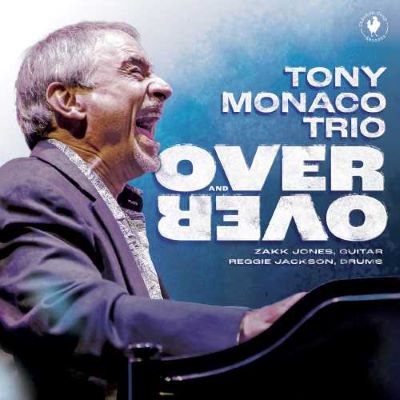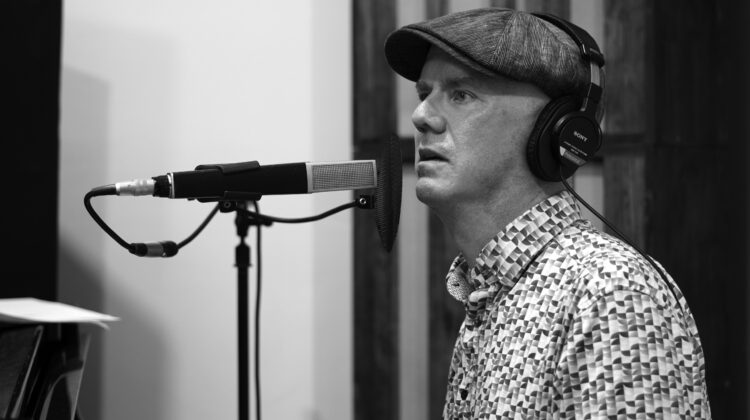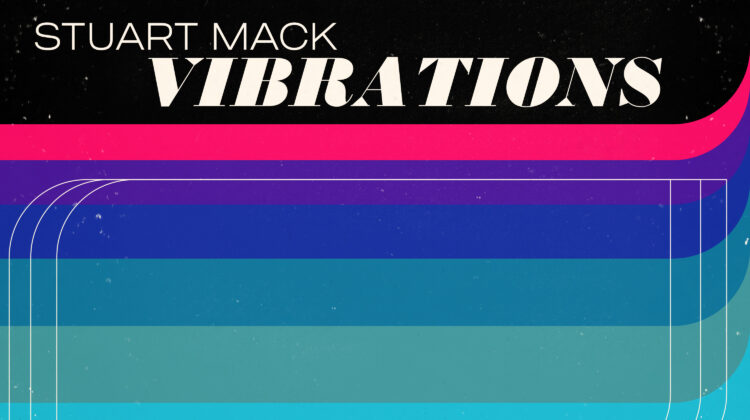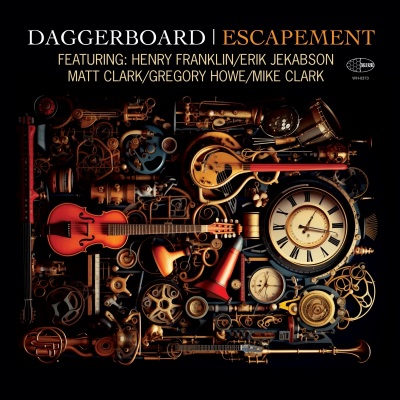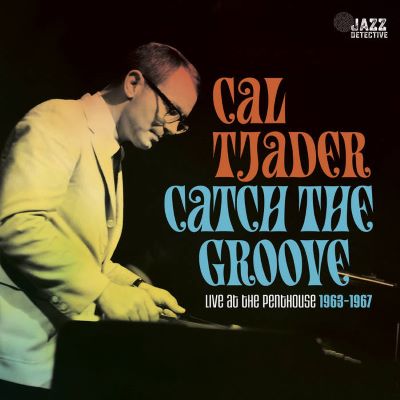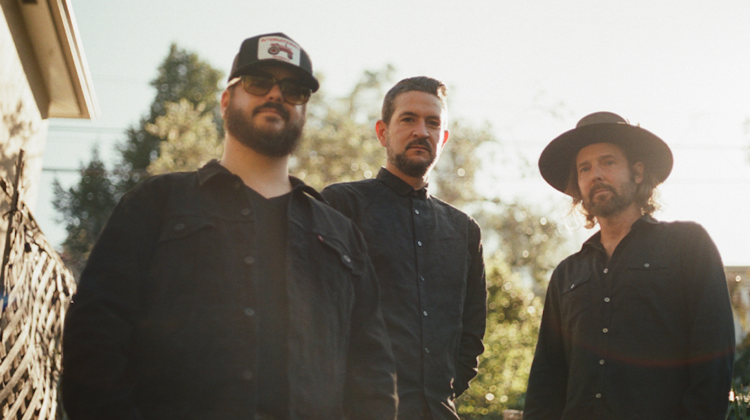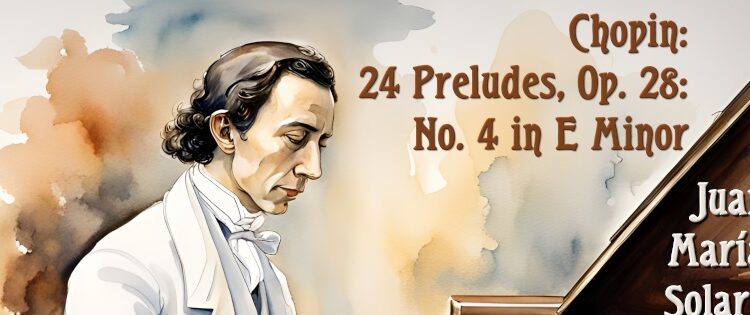JD Walter is one of those jazz singers who seems to be recognized more within the jazz performance community than among the jazz listening public. That status deserves to be changed.
While attempts to describe Walter’s singing style compare it to others singers’, in the end, Walter is unique with a voice of his own. Musicians enjoy his free-spirited instrumental approach, singing wordlessly what he wants to express as a horn would. Walter isn’t called solely a scat singer, even though scatting is one of his numerous capabilities. Adventurous musicians as diverse as Dave Liebman or Jean-Michel Pilc or Ari Hoenig appear to appreciate the way that Walter gets lost in the moment of singing with unrestrained and extemporaneous give-and-take. Indeed, a review of Walter’s past recordings on Dreambox Media, DoubleTime, PACT or his own label reveals that he has consistently recorded with jazz musicians of unpredictable improvisatory skills who challenge Walter to spur-of-the-moment recorded results.
And like jazz performers who never stop growing and who surprise listeners with expanding means of expression—Liebman would be an example, as would, say, Miles Davis, Fred Hersch or Wayne Shorter—Walter treats music as a sonic exploration as varying elements of pitch and meter and dynamics contribute to the final originality of the musical results. While remaining with his apparently preferred back-up instruments of piano, bass and drums, on his most recent album, One Step Away, Walter has added the distinctive guitar voices of Marc Ducret and Marvin Sewell for additional blues-tinged shadings, micro-tonal reinforcement and improvisational atmospherics.
Walter follows his previous recipe of seasoning his own originals with total deconstruction of songs by other composers. His originals range from the rubato meditation of “Inward” backed solely by guitar to Bobby McFerrin-like musical sounds—pops, ooo’s, sibilances—of “Inside Outfluence.” In both cases, Walter is absorbed within the band as another instrument contributing to the overall texture of the resulting sound. In “One Step Away,” Walter’s composition contrasts the initially indeterminate meterless (but not percussionless) rhythm-section energy, particularly Eric Revis’s racing bass lines, with Walter’s elasticized elongation of the lyrics, until, on a dime, and with a commanding broad chord from pianist Orrin Evans, the entire group falls into a hard swing. That brings metrical resolution and dissolves the tension of the instrumental push versus the vocal pull, reminiscent of the swing of his previous recording of “If I Should Lose You” on Clear Day. After the first chorus, it becomes apparent that the free section at the repeat serves as the basis for roiling improvisation as all the group’s members join in the fun. Walter’s vocal foundation for “Inside Outfluence” allows him to feature the instrumentalists, particularly the guitarists and drummer Nasheet Waits, as he inserts the wordless rhythmic and atmospheric sounds. Walter’s “If I Knew” attains relatively standard singability (that is, even untrained people can sing it) over the strolling bass vamp and drum pattern as he adds his own multi-layered joyous chorus to enlarge upon the lyrics describing attraction and indecision about pursuit.
And then there are the songs written by others that Walter and the Tarbaby rhythm section consider and then adapt to their own musical personalities. Like Paul Simon’s “50 Ways to Leave Your Lover” with its intriguing title but without much attention from this generation’s singers. Walter remains true to the lyrics but reinvents the song by slowing and accelerating the words over Evans’s rubato response. Then the back-up musicians start a rollicking rhythm that leads into an extended an aggressive piano solo and an improvised vocal interpretation. Michel Legrand’s “I Will Wait for You” is performed at a slower and unhurried pace but with not without re-harmonization as the framework for Walter’s version of the song, including his relaxed scat chorus and repeated wordless vamp between choruses.
Walter’s long-time association with Evans from their days in Philadelphia comes through in the split-second responsiveness one has to the other throughout One Step Away’s emphasis upon first-rate improvisation. Indeed, Walter seems to think improvisationally with one-of-a-kind and remarkable results that wouldn’t be identified with any other singer. In other words, JD Walter is an original. One Step Away reinforces that status as Walter experiments with yet another approach of total immersion in the music.
2013
Artist’s Site: www.jdwalter.com

